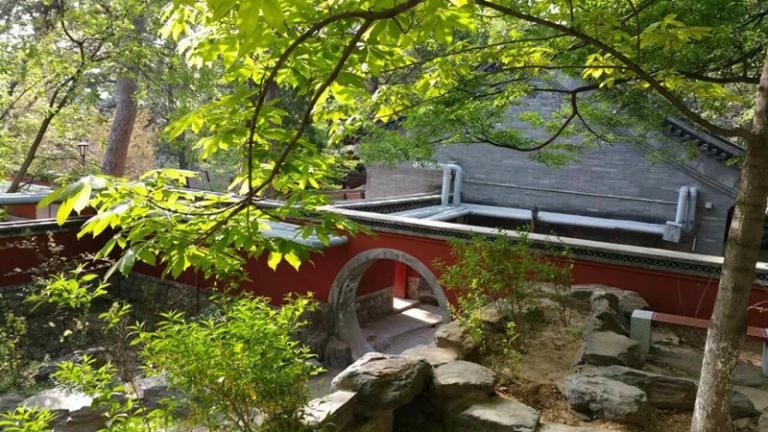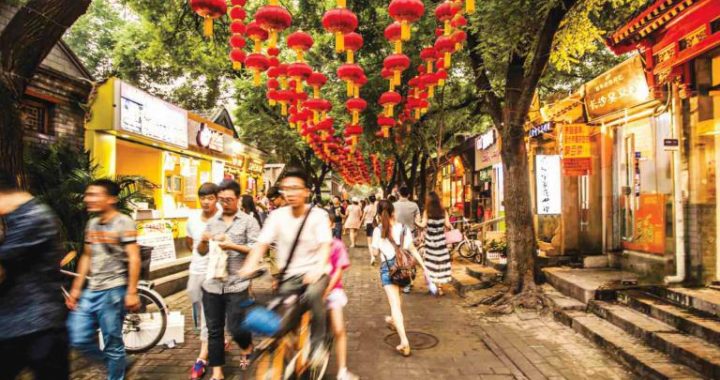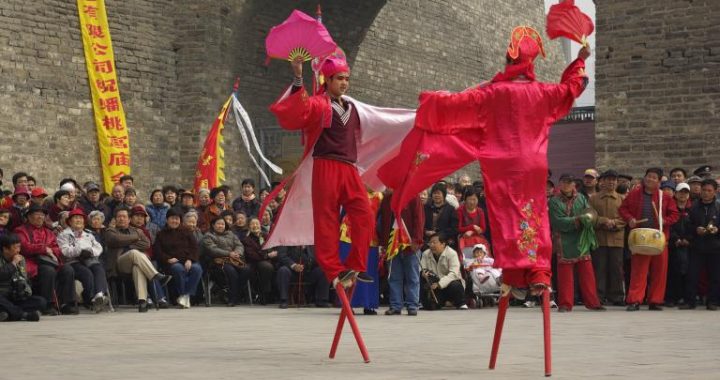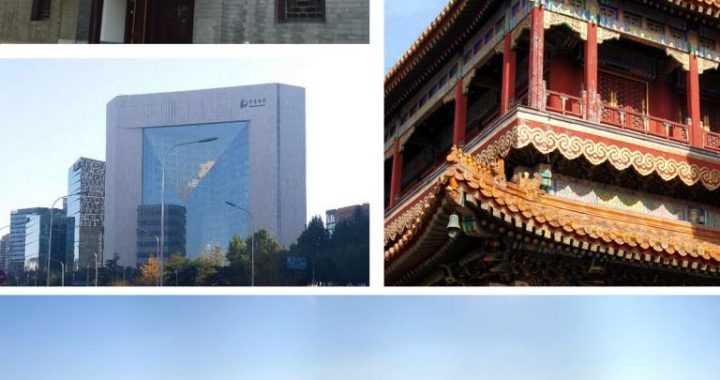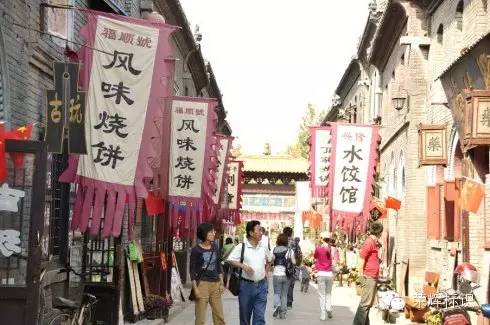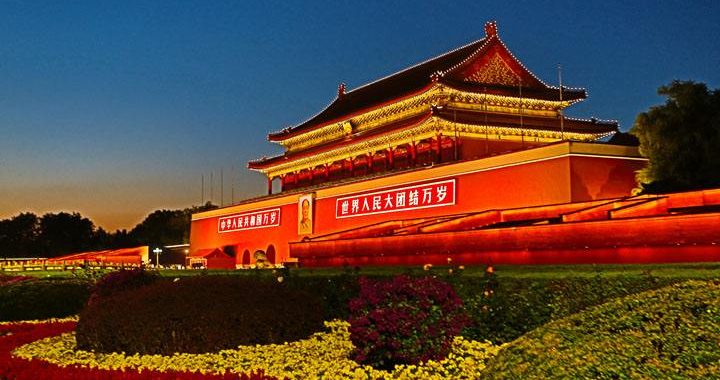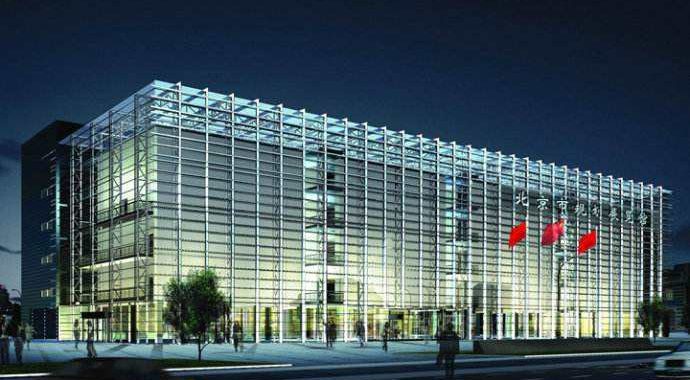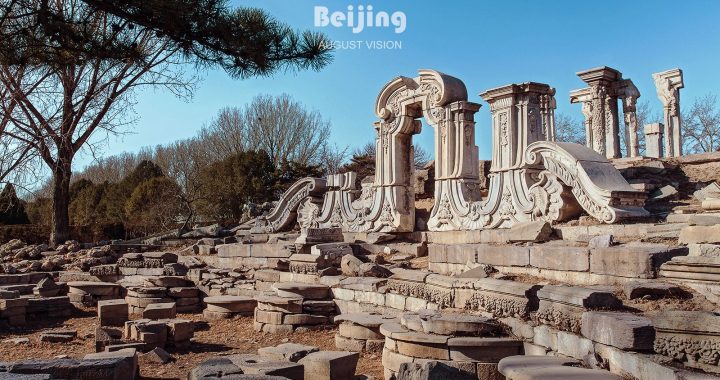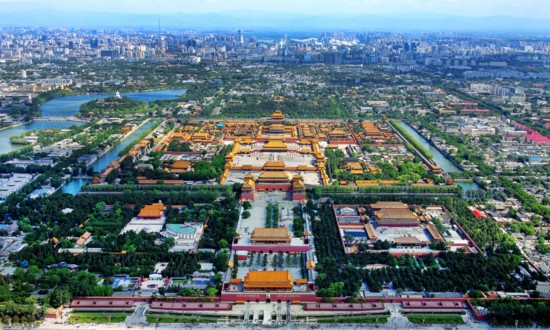Welcome in Yanjiatai Village
2 min read“Welcome! Come on in,” says the smiling Mao Xiuling, daughter of Auntie Chang,as she ushers us inside upon our arrival at the gate of the Auntie Chang’s House.
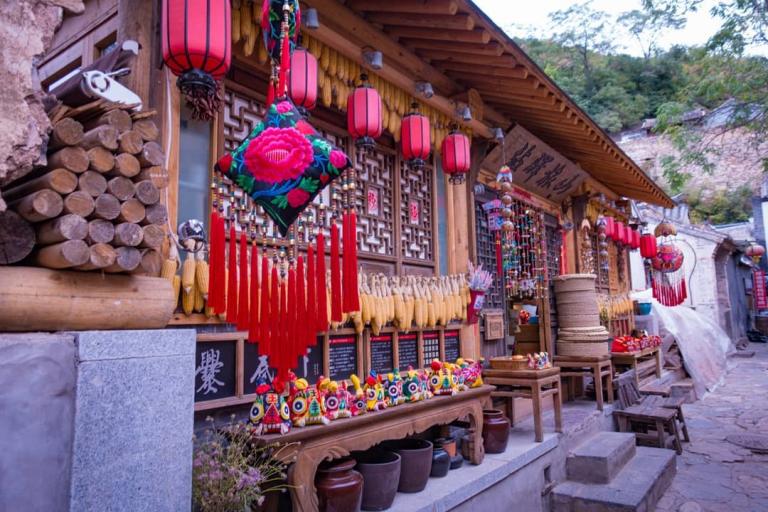
“The past Labor Day holiday wore us out. Lots of city dwellers came here to see thesights and taste rural flavors. All of our guestrooms were packed, and it was really not easyto find an empty room in the village. A lunch alone would receive more than 100 tourists,”said Mao Xiuling, not concealing her great joy over the last “golden week” holiday.Mao Xiuling’s home, now known as Auntie Chang’s House, is tucked into the base ofthe mountains looking out over water. The spacious, neat courtyard can park six cars at thesame time. The compound comprises 20 rooms, of which 12 have been refurnished asguestrooms for tourists. Each is equipped with an independent toilet and decorated withlight-blue door curtains and pink window curtains. The several new wing rooms were builtin 2005, costing the family 100,000 yuan in addition to a subsidy of 60,000 yuan from thevillage.Auntie Chang’s House took the lead in the village in moving into the business oftourist reception.
In the past, many tourists would rather not to stay at farmers’ housesbecause of the poor sanitary conditions, but things have changed since the reconstructionproject. “In the past, with fewer guestrooms our home could only accommodate less than20 tourists, but now we can receive more than 40 guests at one time, and our incomes thusincreased,” said Mao Xiuling.Sharp car horns suddenly sounded while we were talking with Mao Xiuling. Thevisitor was 76—year—old Zhang Yuquan from urban Beijing. A long-time patron of Mao’shome, Zhang this time brought along his children, grandchildren, and neighbors.
“The environment here is great! Every time I come here, I felt like I am refilled withoxygen, and at that moment it seemed that all my sickness is cured,” the senior Zhang told us.He began regular suburb visits several years ago. Back then, the conditions in Guandi were afar cry from the present status. Houses were damaged, roads were rugged, and toilets were alloutside. “Now the roads are much improved, garbage is disposed of properly, and solar streetlamps have been installed; we can see great changes in the past two years” said Zhang.
